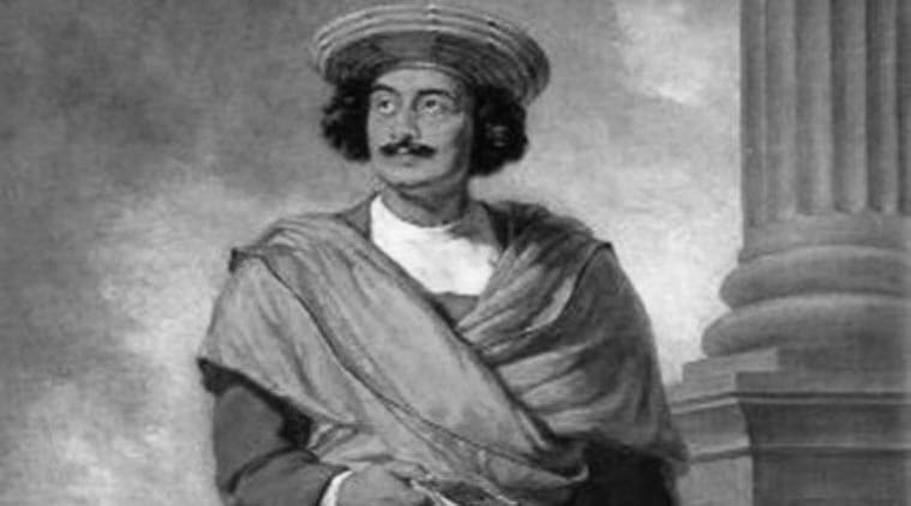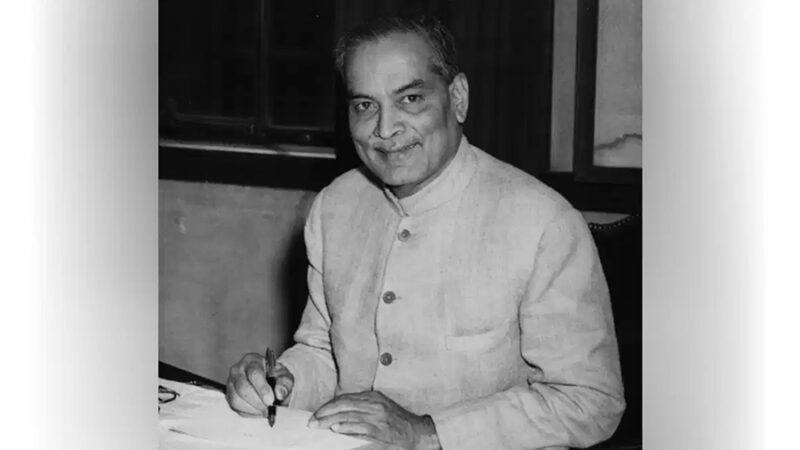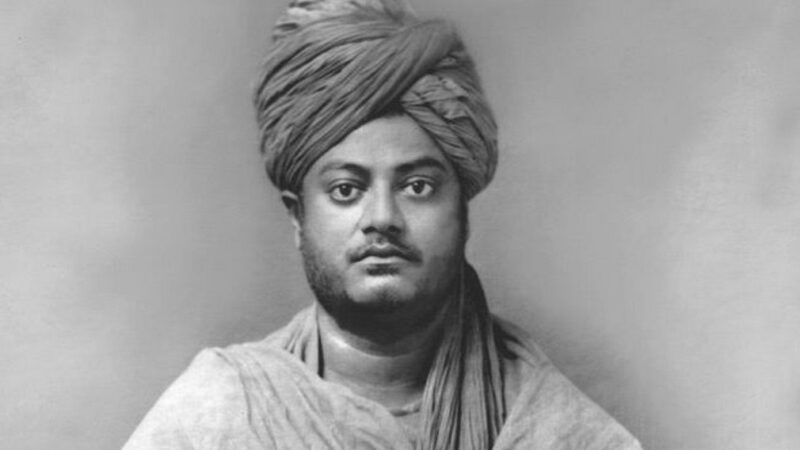Raja Rammohan Roy: The Father of Modern India

Raja Rammohan Roy: The Father of Modern India
Raja Rammohan Roy, often hailed as the “Father of Modern India,” was a visionary reformer whose contributions continue to inspire generations. Born on May 22, 1772, in Radhanagar, Bengal, his revolutionary ideas and reforms ushered in a new era in Indian society. From abolishing the barbaric practice of Sati to pioneering modern education, his legacy remains monumental.
Early Life and Education
Raja Rammohan Roy was born into a prosperous Brahmin family. His early education included learning Bengali, Sanskrit, and Persian. Later, he mastered Arabic and English, showcasing an impressive linguistic ability. His exposure to diverse cultures and philosophies laid the groundwork for his reformist ideas. Rammohan’s upbringing in a rigid caste-based society sowed the seeds of his lifelong mission to eradicate social evils.
As a young man, Roy travelled extensively, gaining insights into the socio-political dynamics of the time. His visits to Varanasi and Tibet exposed him to various religious practices, greatly influencing his worldview. These experiences deepened his resolve to promote rational thinking and challenge dogmatic beliefs.
Social Reforms Championed by Raja Rammohan Roy
Abolition of Sati
The abolition of Sati is perhaps his most celebrated achievement. Sati, the practice of burning widows alive on their husband’s funeral pyre, was deeply ingrained in Indian society. Roy’s relentless campaign, supported by Governor-General Lord William Bentinck, culminated in the abolition of Sati in 1829 through legislation.
Roy’s arguments were rooted in both religious texts and humanitarian principles. He published articles and pamphlets, engaging with conservative critics and educating the masses about the inhumanity of the practice. His efforts saved countless lives and set a precedent for social reform in India.
Advocacy for Women’s Rights
Raja Rammohan Roy championed women’s rights during an era when patriarchal norms dominated society. He supported widow remarriage, opposed child marriage, and advocated for women’s education, laying the foundation for gender equality in India. He firmly believed that empowering women was essential for a progressive society.
He also emphasized the importance of educating women to enable them to contribute meaningfully to society. His efforts inspired subsequent reformers to continue the fight for women’s emancipation.
Contributions to Education
Establishment of Modern Education
He was instrumental in introducing modern education in India. He believed in a curriculum that combined Western science and Indian philosophy. In 1817, he co-founded the Hindu College (later Presidency University) in Kolkata, which became a hub for modern learning.
The institution provided a platform for young minds to explore progressive ideas and question orthodox beliefs. It played a crucial role in shaping the intellectual landscape of Bengal and India as a whole.
Advocacy for English Education
Recognising the importance of English as a global language, he strongly advocated for English education. He argued that it would enable Indians to access modern science, technology, and progressive ideas. His vision was to bridge the gap between traditional knowledge systems and contemporary advancements.
He wrote extensively to persuade British officials to introduce English education in India. His advocacy laid the groundwork for the establishment of numerous English-medium schools across the country.

Religious Reforms and the Brahmo Samaj
Founding of Brahmo Samaj
In 1828, he founded the Brahmo Samaj, a socio-religious reform movement aimed at eradicating superstitions and idolatry. The Brahmo Samaj promoted monotheism and rational thinking, challenging orthodox Hindu practices. It sought to create a more inclusive and equitable society by rejecting caste-based discrimination.
Interfaith Harmony
Raja Rammohan Roy’s approach to religion was inclusive. He studied Christianity, Islam, and Hinduism deeply, advocating for interfaith dialogue and harmony. His writings emphasized the universal values of love, compassion, and justice.
He translated several religious texts, including the Vedas and the Upanishads, to make them accessible to a broader audience. His work encouraged critical thinking and inspired a generation of reformers to challenge orthodoxy.
Role in Indian Journalism
He was a pioneer in Indian journalism. He founded newspapers such as Sambad Kaumudi (in Bengali) and Mirat-ul-Akbar (in Persian) to raise awareness about social and political issues. These publications gave a voice to the masses and emphasized freedom of the press.
Through his editorials, he addressed issues like taxation, corruption, and education. His newspapers became a platform for advocating progressive ideas and holding authorities accountable.
Political Contributions
Advocate for Civil Rights
He was an early advocate for civil liberties and freedom of speech. He petitioned against restrictions on press freedom and taxation policies that exploited the poor. His efforts demonstrated his commitment to justice and equality.
Diplomatic Role
In 1831, he traveled to England as an ambassador of the Mughal emperor Akbar II. His efforts to secure pensions for the emperor highlighted his diplomatic skills and commitment to justice. During his stay, he engaged with British intellectuals and policymakers, sharing his vision for India’s future.
Legacy and Recognition
His contributions have earned him the title “Father of the Indian Renaissance.” His vision for a progressive, inclusive society continues to resonate in modern India. He laid the foundation for a free press, modern education, and social reforms that still shape the nation.
Honoring His Legacy
- Statues and Monuments: Several statues and monuments across India honor him.
- Institutions Named After Him: Numerous schools, colleges, and organizations bear his name, reflecting his enduring influence.
His ideas have inspired generations of leaders, from Mahatma Gandhi to modern social reformers. His legacy serves as a testament to the power of vision and determination in shaping a better world.
Conclusion
Raja Rammohan Roy was a trailblazer who transformed Indian society with his visionary reforms. His relentless pursuit of justice, equality, and education set the stage for India’s modernization. As we reflect on his legacy, his life serves as a beacon of hope and inspiration for future generations.
For More Post about Bengali Legends please visit Bengali Legends
Follow Us for on Social Media: Facebook | Instagram | Pinterest | Twitter | YouTube







